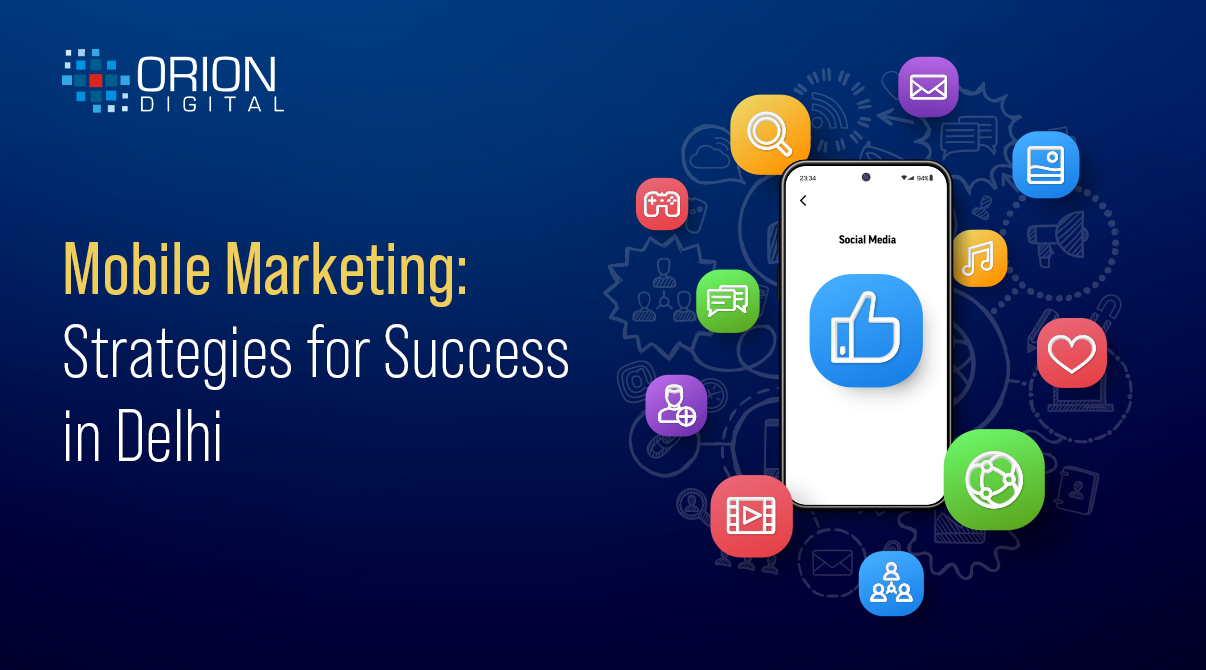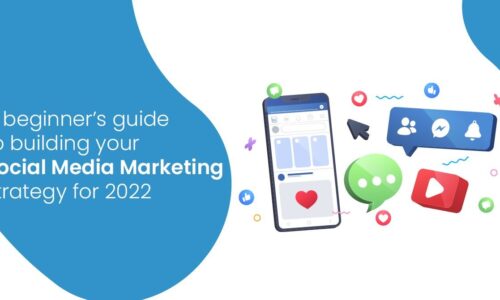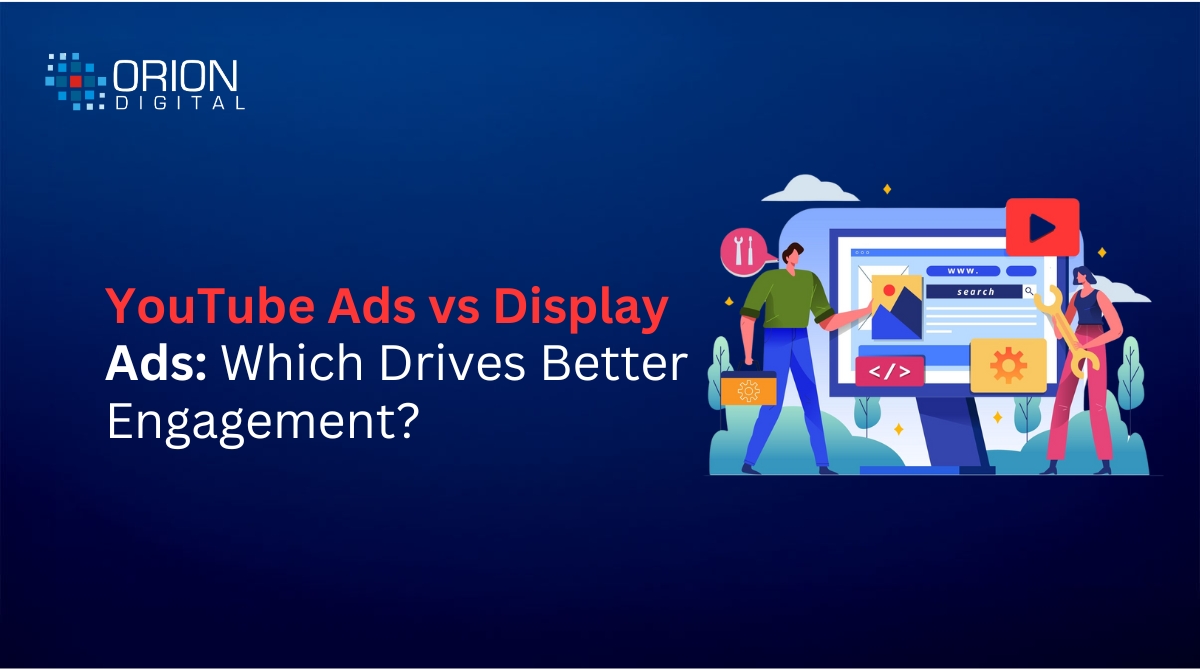
Mobile Marketing: Strategies for Success in Delhi
- admin
- October 17, 2023
- Digital Marketing
- Digital Marketing, Orion Digital, social media marketing
- 0 Comments
Introduction: Mobile Marketing
Mobile marketing has transformed the way businesses reach to their audience. With the rise of smartphones and the shift in consumer behaviour towards mobile devices, an effective mobile marketing strategy has become a necessity for any business seeking success today.
The world of mobile marketing, exploring strategies and best practices to ensure success in this dynamic and ever-evolving landscape.
1: Understanding the Mobile Landscape
a. The Mobile Revolution
Mobile devices have become an integral part of our daily lives. The staggering growth of mobile usage, from internet browsing and social media to shopping and communication, and why businesses must adapt to this mobile-first world.
b. Mobile User Behavior
Understanding how users interact with their mobile devices is crucial. The key behaviours like app usage, mobile search, mobile commerce, and the role of social media, help marketers tailor their strategies accordingly.
2: Building a Strong Mobile Presence
a. Mobile-Optimized Websites
A mobile-optimized website is the foundation of any mobile marketing strategy. The responsive design, page speed optimization, and user-friendly navigation ensure an exceptional mobile web experience all comprising an optimisation plan for any website that is being adapted for mobile.
b. Mobile Apps
For businesses seeking deeper engagement, mobile apps offer a powerful solution. The benefits of creating a mobile app, from enhancing user loyalty to leveraging push notifications for marketing campaigns are countless and can be exploited to an extent where the user experience is not hampered.
c. Mobile-Friendly Content
Creating content that aligns with mobile users is crucial. The importance of concise messaging, engaging visuals, and user-generated content in mobile marketing success is greater than any other decision made.
3: Mobile Advertising Strategies
a. Mobile Advertising Channels
Mobile advertising is done through various channels, like display ads, in-app advertising, mobile search, and social media ads. Each channel’s strengths vary with respect to their reach and engagement, helping businesses make informed choices about their advertising mix.
b. Location-Based Marketing
Location-based marketing leverages a user’s real-time location to deliver personalized and relevant content. Features like geofencing, beacons, and location-based promotions, highlight their potential impact on mobile marketing success by providing real-time data about the user and also shed light on the user behaviour.
c. Mobile Video Marketing
Video is a dominant force in mobile content consumption. The importance of mobile video, including live streaming, stories, and short-form video content, in reaching and engaging mobile audiences cannot be underestimated in the process.
4: Mobile Engagement and Personalization
a. Personalization Strategies
Personalization is critical for mobile marketing to succeed. Data-driven personalization, including user segmentation, AI-powered recommendations, and dynamic content, to deliver tailored experiences.
d. Mobile Marketing Automation
Mobile marketing automation streamlines marketing efforts, allowing for efficient and timely communication with users. The benefits of automation in mobile marketing are countless from drip campaigns to abandoned cart reminders anything can be achieved.
d. Push Notifications and SMS Marketing
Push notifications and SMS marketing offer direct communication channels with users. The best practice is to use these tools effectively without overwhelming or making your audience uncomfortable.
Section 5: Measuring Mobile Marketing Success
a. Key Performance Indicators (KPIs)
Effective measurement is essential in mobile marketing. This helps identify and explain crucial KPIs, such as app downloads, conversion rates, click-through rates, and customer lifetime value.
b. Analytics and Tracking
To make data-driven decisions, marketers need analytics tools. The importance of analytics platforms, including Google Analytics and mobile app analytics, in monitoring and optimising campaigns, can help in planning and plotting campaigns in real time that align with the user audience.
6: Mobile Marketing Trends and Future Insights
a. Emerging Technologies
Mobile marketing continues to evolve with emerging technologies like augmented reality (AR), virtual reality (VR), 5G, and voice search. These technologies are shaping the future of mobile marketing and the industry in a broader sense. It is now time to take advantage of this ever-evolving technology.
b. Privacy and Data Regulations
With increased scrutiny on data privacy, the way privacy regulations, are impacting mobile marketing can be observed and how businesses can navigate these challenges while maintaining user trust.
Conclusion
Mobile marketing is no longer an option but a necessity for businesses aiming to succeed today. By understanding the mobile landscape, building a strong mobile presence, crafting effective advertising strategies, and measuring success, businesses can harness the full potential of mobile marketing.
Staying updated on emerging technologies and adhering to privacy regulations will be crucial as the mobile marketing landscape evolves. Embracing mobile marketing strategies is not just about staying ahead; it’s about staying relevant in a world where mobile devices have become the primary gateway to consumers.
Summary
- Mobile marketing should be a priority rather than just a gimmick
- It is important to be a part of the mobile revolution
- Content is the king here, video to static everything has to align with the audience
- Engage tools that will help you track and understand the performance of the campaign




